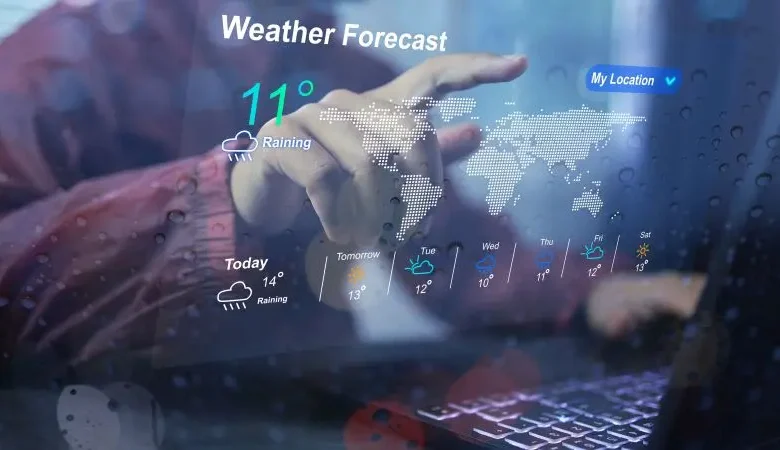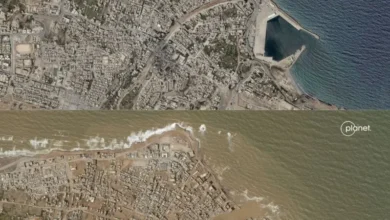How can artificial intelligence help predict disasters?

Natural disasters have always plagued our planet, causing immense destruction and loss of life. While we cannot fully control or predict these catastrophic events, we might be able to use the power of technology and innovation to mitigate their impact. Artificial intelligence (AI) has emerged as a remarkable tool in disaster prevention, early warning, and response efforts.
To understand the significance of AI in disaster prevention, it is important to comprehend the nature of these events. Natural disasters encompass geological, meteorological, hydrological, and climatic phenomena.
From earthquakes and volcanic eruptions to hurricanes and forest fires, these disasters have far-reaching consequences. Hence, the need for prevention or minimizing their damage becomes very important.

Artificial intelligence, with its ability to process vast amounts of data, analyze patterns, and make real-time predictions, is revolutionizing the way we approach disaster prevention.
One crucial aspect of disaster prevention is early warning systems. AI-powered systems can process data from various sources, including weather sensors, satellites, and social media, to detect early signs of impending disasters.
For instance, AI algorithms can analyze atmospheric data to accurately predict the path and intensity of hurricanes. This enables authorities to issue timely warnings and evacuate vulnerable areas, ultimately saving lives.
Artificial intelligence is also vital in predicting seismic activity by analyzing historical data, monitoring ground movements, and detecting subtle changes in the Earth’s crust. While earthquakes cannot be prevented, early detection can save lives by giving people crucial seconds or minutes to take cover.
AI also contributes to climate change mitigation by analyzing climate data and developing strategies to reduce greenhouse gas emissions. It can improve energy efficiency, promote renewable energy sources, and support sustainable land use practices.

In disaster response efforts, AI improves coordination through chatbots, virtual assistants, and automated systems. This streamlines communication between emergency responders, government agencies, and affected populations. Real-time data analysis enables AI to assess the scope of the disaster and allocate resources more efficiently.
Despite its potential, artificial intelligence also presents challenges and ethical considerations. Data privacy and security are paramount, as AI collects data from various sources, including personal devices and sensors. Safeguards must be in place to protect individuals’ privacy by anonymizing the data and preventing identification.
Furthermore, the increased reliance on data for predicting disasters raises concerns about the vulnerability to cyber-attacks.
A breach in these systems could result in false warnings or incorrect information, leading to disastrous consequences. It is vital to emphasize the importance of human judgment and experience in disaster response efforts.










